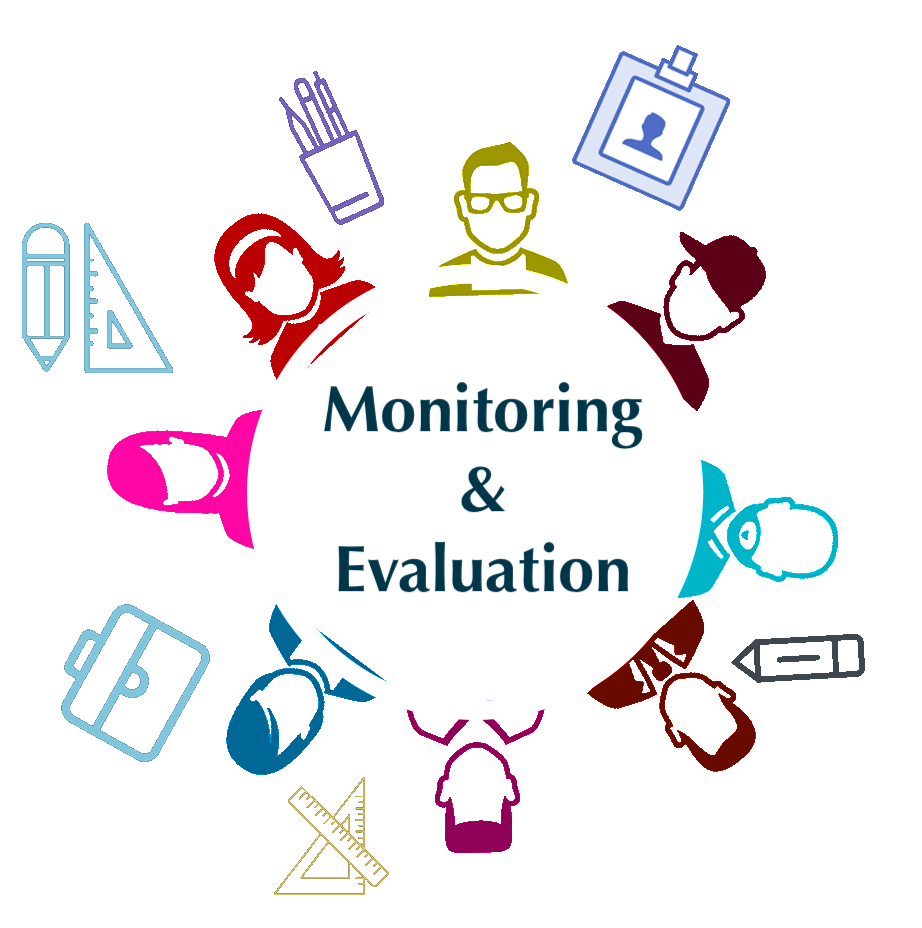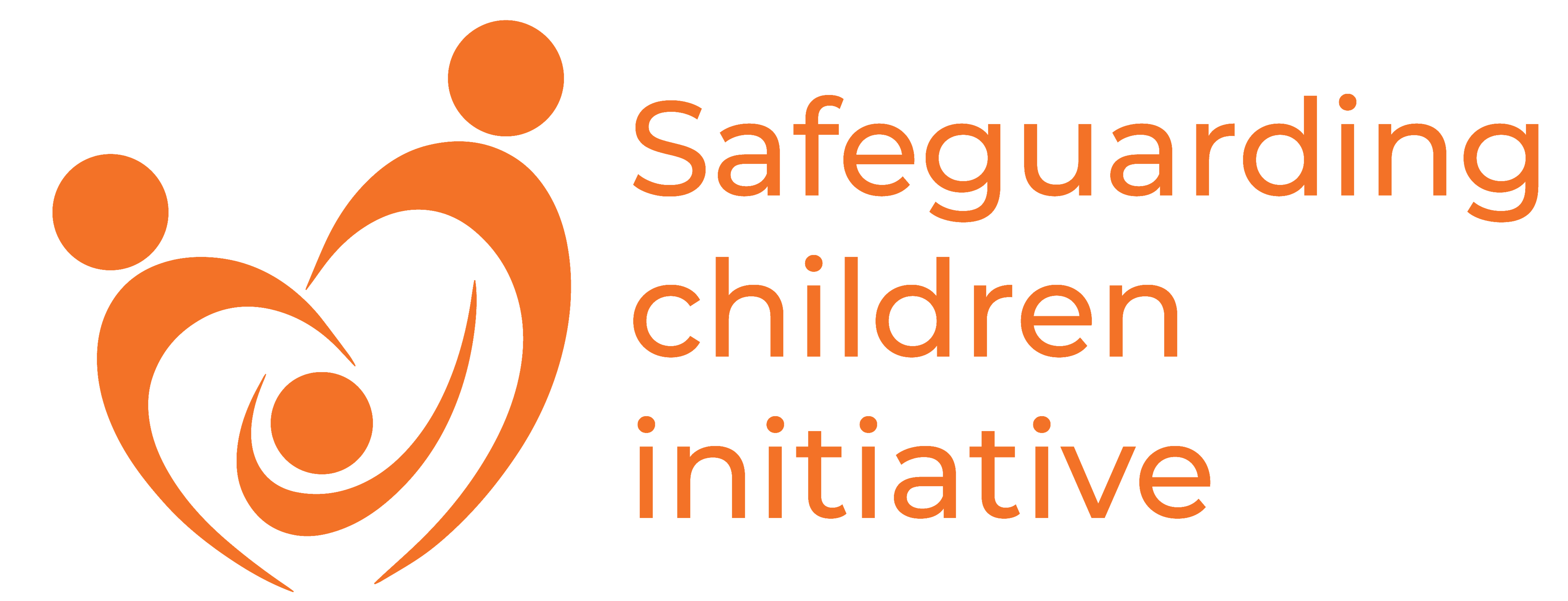MEAL Manager at Safeguarding Children Initiative


Posted by: Admin
- May/13/2023
- 16th June, 2023
Description
Role Purpose
- The MEAL Manager oversees high quality monitoring, evaluation, accountability and learning across Safeguarding Children Initiative’s (SCII)programmes in the BAY State.
- S/he is expected to lead on MEAL system design and implementation, evaluations, research, MEAL budgeting, recruitment, accountability system strengthening, as well as support proposal writing and log frame development for all projects.
- The post holder will be expected to mentor and/or capacity build existing MEAL staff, and work across functions to ensure that the learning from the monitoring, evaluation and accountability systems informs programme decision making.
Job Description
MEAL System Development:
- Oversee the BAY state MEALteam and provide high quality MEAL technical leadership, support and capacity building to the state implementation team.
- In collaboration with the programme & technical team, develop and implement project MEAL plans, quality benchmarks, research, assessments and evaluations to support evidence and learning agenda as well as a process for knowledge sharing between Safeguarding Children Initiative(SCII), stakeholders and partners in the state
- Ensure that the state office complies with Safeguarding Children Initiative(SCII) MEAL processes and standards and ensure standardization of MEAL formats/reports including grant-level Indicator Performance Tracking Tables (IPTTs).
- Bring together data and findings from across projects to form a coherent basis for analysis of impact which promotes learning and strategy development.
- Develop and increase utilization of accountability approaches, such as participation, complaints and response mechanisms.
- Keep abreast of MEAL sector trends and developments, for example in remote monitoring, and adapt and promote introduction of new methodologies, technologies, innovations and best practices where applicable in the state.
- Formulate key program questions that will help to advance the evidence base, and lead design of targeted evaluations (including but not restricted to baseline, midline and end line evaluations) and pieces of operations research.
- Actively contribute to the process of learning, evaluation, capturing and disseminating lessons from the programme for continuous improvement of programme performance and overall outcome
- Contribute to proposal writing and review to ensure MEAL activities and costs are adequately covered. Develop standard guidance for incorporation of MEAL costs into proposals in specific responses.
- Ensure that the minimum standards of humanitarian relief are maintained in accordance with the Sphere Charter and Red Cross Code of Conduct, as well as Core Humanitarian Standard on Quality and Accountability.
- Ensure the considerations on gender, disability and inclusion re well integrated into the MEAL activities, tools, and analysis.
- Leads on the coordination with Programme Third Party Monitoring Initiatives (monthly).
Capacity Building:
- Identify learning and training needs as well as the opportunities for MEAL and other staff and work as a mentor and role model for staff.
- Conduct training and awareness raising activities for operations and programme technical staff at field level regarding MEAL priorities and quality standards.
- Coordinate trainings for MEAL and program staff in the relevant fields, such as on data collection tools, ICT solutions for MEAL, data analysis for both quantitative and qualitative data, etc.
Representation, Advocacy & Organisational Learning:
- Ensure that Safeguarding Children Initiative’s(SCII) work is coordinated with efforts of other agencies and Government, and support Interagency Coordination forums, advocating for the specific needs of children.
- This may involve taking the lead in coordination working groups. Participate in interagency coordinated joint MEAL activities (for instance, inter-agency working group).
- In collaboration with Safeguarding Children Initiative(SCII) MEAL and advocacy colleagues, feed in learning, experiences and evidence to relevant advocacy objectives and lead on response-specific learning activities.
- For instance, support planning of After-Action Review workshops, prepare lessons learnt reports and conduct accountability mechanism pilots. Take steps to document lessons learned for wider dissemination.
General:
- Comply with Safeguarding Children Initiative(SCII) policies and practice with respect to child protection, code of conduct, health and safety, equal opportunities and other relevant policies and procedures.
- Any other duties emerge.
Qualifications and Experience
Essential:
- Graduate Degree in a relevant subject – ideally also a postgraduate degree
- Minimum of 5 years’ work experience in MEAL, especially monitoring, including in large-scale, complex emergencies generating high volumes of data where technical capacity of MEAL staff is varied and coordination between MEAL/sector teams is a challenge.
- Experience of working in the BAYStateon Humanitarian Projects
- Ability to create and implement MEAL plans and IPTTs based on logframes and other reporting requirements and support junior colleagues to do so
- Strong experience in collecting, processing, analyzing and reporting on quantitative and qualitative data and supporting other colleagues to do so – including ability to troubleshoot Kobo-related issues.
- Ability to contribute to Awards reporting from a MEAL perspective in a timely and accurate manner.
- Ability to manage teamwork plans in contexts where workload is high and priorities shift frequently
- Ability to hit the ground running and work on own initiative – but also be comfortable asking for support where needed in a timely manner.
- Highly organized, with the ability to juggle multiple tasks to meet tight deadlines.
- Strong team player, with the desire and ability to take initiative to pick us tasks outside official responsibilities.
- Proven capacity to supervise, train and coach staff.
- Experience of representation and ability to represent Safeguarding Children Initiative (SCII) effectively in external forums.
- Ability to write clear and well-argued assessment and project reports.
- Excellent communication and influencing skills.
- A high level of written and spoken English.
- The capacity and willingness to be extremely flexible and accommodating in difficult and sometimes insecure working circumstances.
- Commitment to the aims and principles of Safeguarding Children Initiative (SCII). In particular, a good understanding of the Safeguarding Children Initiative (SCII) mandate and child focus and an ability to ensure this continues to underpin our support.
Desirable:
- Ability to speak Hausa.
- Skills and Behaviours (our Values in Practice):
Accountability:
- Holds self-accountable for making decisions, managing resources efficiently, achieving results together with children and role modelling Safeguarding Children Initiative (SCII) values.
- Holds the team and partners accountable to deliver on their responsibilities – giving them the freedom to deliver in the best way they see fit, providing the necessary development to improve performance and applying appropriate consequences when results are not achieved.
- Creates a managerial environment in-country to lead, enable and maintain our culture of child safeguarding.
Ambition:
- Sets ambitious and challenging goals for self and team, takes responsibility for own personal development, and encourages team to do the same.
- Widely shares personal vision for Safeguarding Children Initiative (SCII), engages and motivates others.
Collaboration:
- Builds and maintains effective relationships, with own team, colleagues, members, donors, and partners.
- Values diversity sees it as a source of competitive strength.
- Approachable, good listener, easy to talk to
Creativity:
- Develops and encourages new and innovative solutions.
- Willing to take disciplined risks.
Integrity:
- Honest, encourages openness and transparency.
- Always acts in the best interests of children.


